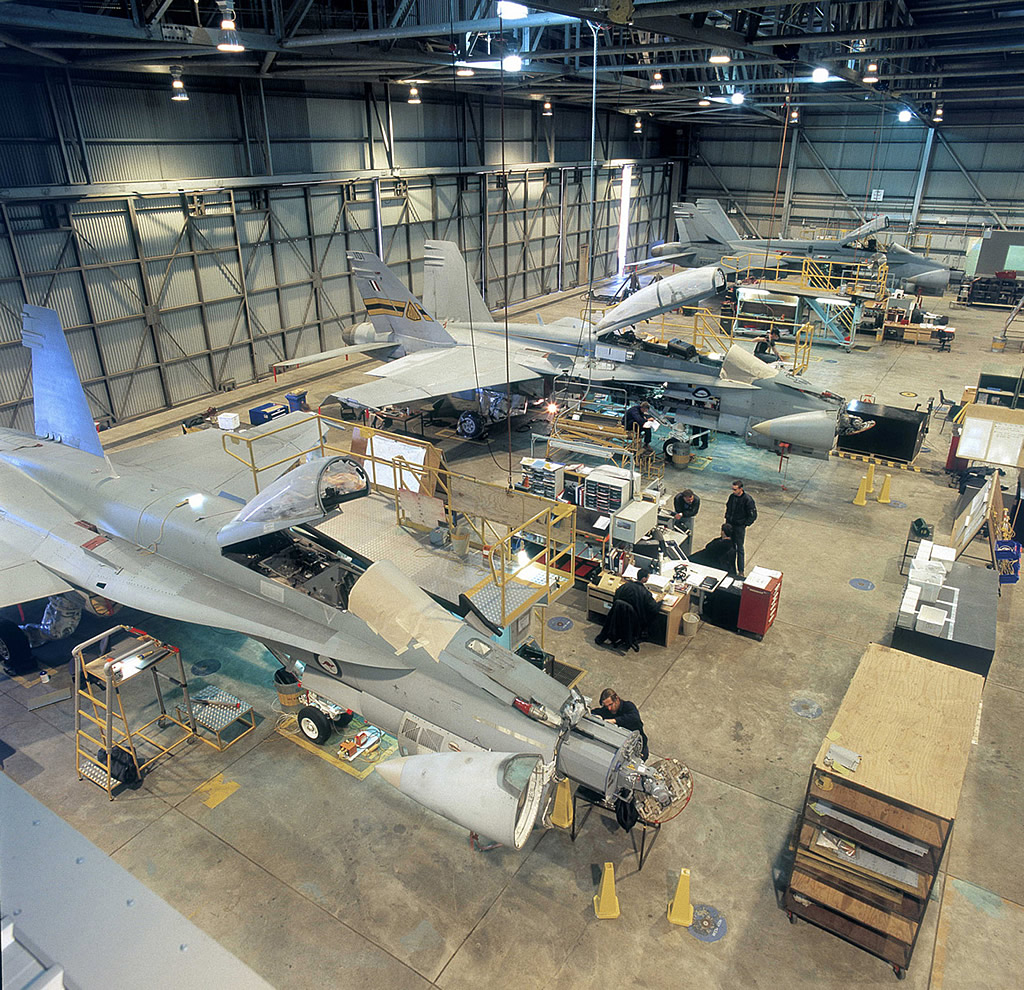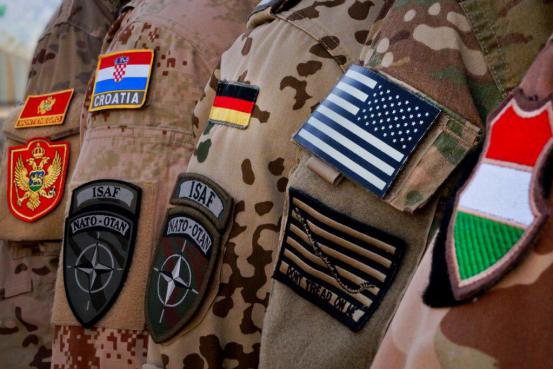The physical proximity, common values, and geostrategic interests of Canada and the US have substantially shaped the architecture of their bi-lateral security alliance, which is comprised of roughly 80 treaty level agreements and 250 memoranda of understanding. Within this extensive security alliance, Canada and the US have implemented agreements specifically governing equal access to each other’s export capabilities and public defense contracts, notably through the Defense Production Sharing Agreement (DPSA). In Canada the DPSA is administered by the Canadian Commercial Corporation (CCC), and allows Canadian defense companies to compete for and obtain US defense contracts on the same basis as US companies, and vice versa.
[captionpix align=”left” theme=”elegant” width=”300″ imgsrc=”http://natoassociation.ca/wp-content/uploads/2014/03/Boeing_C-17_Canada.jpg”]
By accessing Canadian export capabilities through the CCC, the US government is also able to source defense materiel for subsequent export to international government clients through the US’ Foreign Military Sales (FMS) program. The FMS program is the US’ principal government-to-government military sales program involving numerous US government defense and international trade agencies. Thus, the DPSA links Canada and the US not merely insofar as it facilitates defense acquisitions for each country, but by acting as a conduit through which the US can increase its FMS by making Canadian export capabilities, in addition to those of the US, available to foreign government clients.
The CCC
As a Crown corporation and the principal administrator of the DPSA, the CCC’s mandate is to strengthen the Canadian economy by accessing foreign procurement markets through government-to-government contracting, and representing Canadian exporters to foreign governments. For large foreign contracts the CCC signs the contract and subsequently assigns the responsibilities of a contract to the Canadian exporter involved in the competition. The CCC implements rigorous evaluation standards to determine Canadian exporters’ capabilities with a specific focus given to technical, managerial and financial capabilities, as well as to provide accurate price quotations to foreign governments. The CCC also monitors the contract to ensure that it is delivered in a timely manner, within budget, and meeting all other terms and conditions, mitigating risk to the US government agency. The intermediary capacity of the CCC carries numerous benefits, not the least of which is the ability to foster confidence among the parties to a contract. For US government agencies unfamiliar with certain Canadian defense exporters, the guarantees and oversight afforded by the CCC can serve as valuable incentives to do business.
Additionally, given the CCC’s Global Defense and Security business line, which deals with non-US government clients and mirrors the US’ FMS program, the CCC has in several respects evolved into Canada’s preeminent foreign military sales agency, and constitutes a key component of Canada’s international trade portfolio.
While the CCC leverages DPSA experience to project Canadian export capabilities to various non-US government clients, it remains primarily focused on administering the DPSA to fulfill the US government’s defense and security requirements. With respect to US-Canadian defense contracts, the CCC manages at least $1 billion USD of defense contracts annually and has managed up to $30 billion since the late 1950s. In accordance with US government policy, contracts valued above the simplified acquisition threshold of $150,000 USD must involve the CCC as prime contractor, which is in turn fully endorsed by the Government of Canada and funded through parliamentary appropriations. US defense and security contracts, as a proportion of the CCC’s total contract portfolio is steadily increasing, indicating that the CCC is gravitating towards DPSA contracts rather than engaging with other international clients.
[captionpix align=”left” theme=”elegant” width=”300″ imgsrc=”http://natoassociation.ca/wp-content/uploads/2014/03/foxhondid43341_600.jpg”]
In addition to Canada’s defense industrial base, several US-based defense companies operate Canadian subsidiaries to maintain a presence in the Canadian defense market, meet Industry Canada’s Industrial Technological Benefits requirements, and fulfill a range of other corporate strategic purposes. Although US-based companies are subject to US government export laws and approval requirements, the CCC assumes control of exports from Canadian firms, even if they are subsidiaries of US-based companies. A significant percentage of Canada’s defense exports, whether derived from Canadian defense companies or subsidiaries of US companies, are exported to the US for use by the US military. 80% of the CCC’s new business is in the defense and security sector, primarily through contracts with the US Department of Defense (DoD).
The US FMS program
Aside from facilitating defense acquisitions to support the US military, the US government also sources materiel from Canadian exporters for subsequent delivery to various international clients through the FMS program. Therefore, the CCC may also act as a conduit through which Canadian export capabilities may support government clients beyond the US. In December 2011 for instance, the US Army TACOM Life Cycle Management Command awarded General Dynamics Land Systems-Canada (GDLS-Can) a contract valued at $265 million USD for 155 light armored vehicles. GDLS-Can, a subsidiary of US-based General Dynamics, was tasked with manufacturing the armored vehicles under the auspices of the DoD. The vehicles were in turn destined for export to a government client in the Middle East with which the US was coordinating a foreign military sale.
In such arrangements where Canadian companies are helping to fulfill defense and security requirements, ostensibly in support of close allies such as the US, they may instead be helping to support various international clients through the subsequent and independent actions of US government agencies. As such, by serving certain US defense requirements, Canadian export capabilities may in fact indirectly enhance other international defense and security requirements, beyond the immediate scope of the DPSA.




